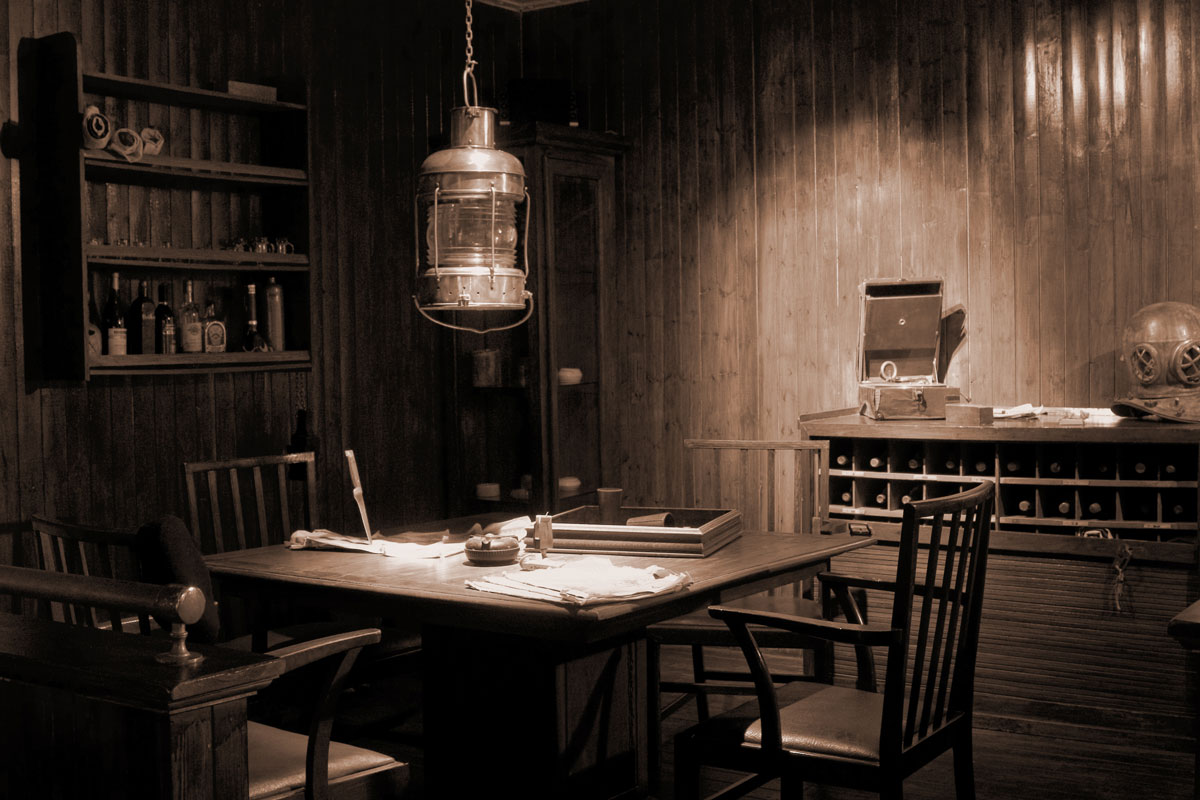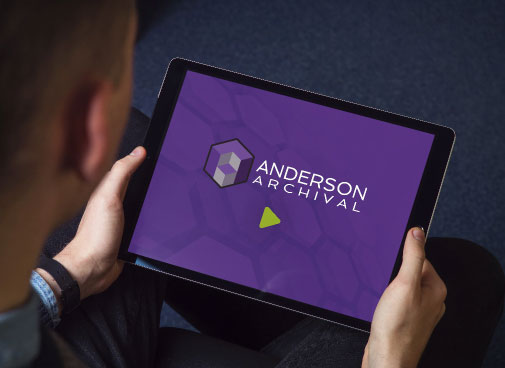Recorded history is an irreplaceable treasure, but physical historical records are constantly under threat. Books, records, photographs, and hand-written letters are meant to be passed on to future generations, but the more they’re used, the more likely they are to sustain irreversible damage. Over time, the valuable information recorded on paper can become indistinguishable from the page itself.
Environmental factors like dust and moisture quietly damage collections over time, but flood, fire, and other catastrophic events can destroy them entirely. Unexpected horrors can happen anywhere, at any time. Think of the ancient scrolls of Alexandria lost forever in the flames of war, or the historical records incinerated during the book purge in Nazi Germany. These destroyed libraries are incalculable cultural and intellectual losses.
This doesn’t have to happen to your collection, though. While there’s no failsafe way to preserve physical records forever, there is a way to make sure the contents aren’t lost with them. Digitizing your materials and combining the digital copy with readable, searchable text allows you to preserve the contents well into the future while simultaneously adding functionality.
What is digital preservation, and what kinds of documents can be preserved? Learn more here.
Catastrophes Can Happen Anywhere
When disaster strikes, protecting people takes priority, but what happens to historical collections affected by the disaster? Unfortunately, many times the owners and organizations return to find their collections damaged beyond repair.
On September 11, 2001, terror attacks not only took the lives of thousands of people, but history was lost as well. Damage to the Pentagon included its library, which contained hundreds of thousands of historical materials dating as far back as the 1800s. Eventually, 99% of the book collection was recovered, but the full extent of the lost history is still unknown.
Likewise, when Hurricane Katrina struck in 2005, the Howard-Tilton Memorial Library of Tulane University was flooded eight feet deep, and more than 700,000 of the library’s print volumes and recordings were submerged. Thankfully, the library was able to salvage and restore 629,711 archival items, but that still left over 70,000 items lost forever.
After a tragic event strikes isn’t the time to figure out how to save your historical collection. Digitization safeguards your treasures so you won’t have to worry about losing its contents forever. Ensure that the content and value your collection contains remains available for future generations.
Save Your Historical Documents from Extinction: Digitize
While nothing can stop the degradation of paper materials from time and exposure, digitization can make their contents live again. Digitization allows you to use, catalogue, print, and share these preserved historical documents much more easily than using the materials themselves. And with easy search tools, you’ll be able to navigate the collection in ways an index or catalog system never could provide.
Where can digitization take your collection? Click here to learn more about the possibilities of sharing your digital collection.
Preserving historical documents is a multi-step process that guarantees the digital files will be accessible and readable long into the future. Your documents are scanned to create museum-quality images, then digitally adjusted to accurately represent the physical item as you see it. Optical character recognition (OCR) expands the usefulness of a digital collection by overlaying a human-proofed text layer on the digital image so it can be indexed and searched by collection management software.
No matter what steps you take to prevent damage to your physical collection, the materials will always be vulnerable to time and disaster. Simply using your collection inherently causes damage, but digitization serves as the best way to reduce harm without removing access or usability.
Want to learn more about preserving your historical collection for generations to come? Contact us at 314.259.1900 to talk to a digitization expert today.






